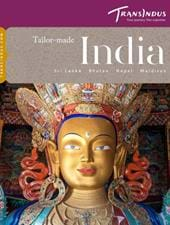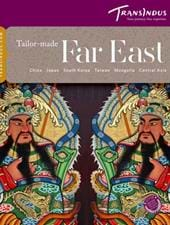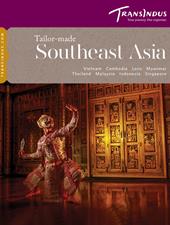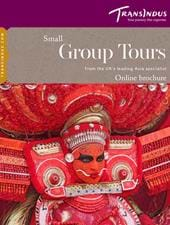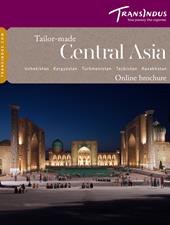Around 80,000 years ago, a cataclysmic eruption ripped through the mountains of northern Sumatra, transforming the world’s climate and almost completely wiping out homo sapiens. Its source was a volcano whose steep-walled caldera today holds a serene, green-blue lake known as Danau Toba – the largest body of freshwater in Indonesia.
Connected to the shore via a narrow isthmus of land, Samosir, the presque-isle in the lake’s centre, is the homeland of the Toba Batak – a community of Christianized indigenous people, infamous in colonial times for their custom of ritual cannibalism. Nowadays, however, visitors can expect a rather warmer welcome at Batak villages! Dotted along the island’s tropical shoreline are a string of delightful little resorts that make ideal bases from which to make leisurely cycle rides and treks through the forested interior. Hike to hidden white-sand beaches and wonderful wild-swimming spots, or simply relax and enjoy the sublime scenery and exotic local architecture.
While the Christian missionaries that converted the Toba Batak a century ago erased many local traditions, lots of houses retain antique-style upswept eaves and handsomely carved gables. Wood carving remains a local speciality – staffs sculpted with the faces of ancestral spirits are a staple of village handicraft shops – as does music, dance and weaving.

